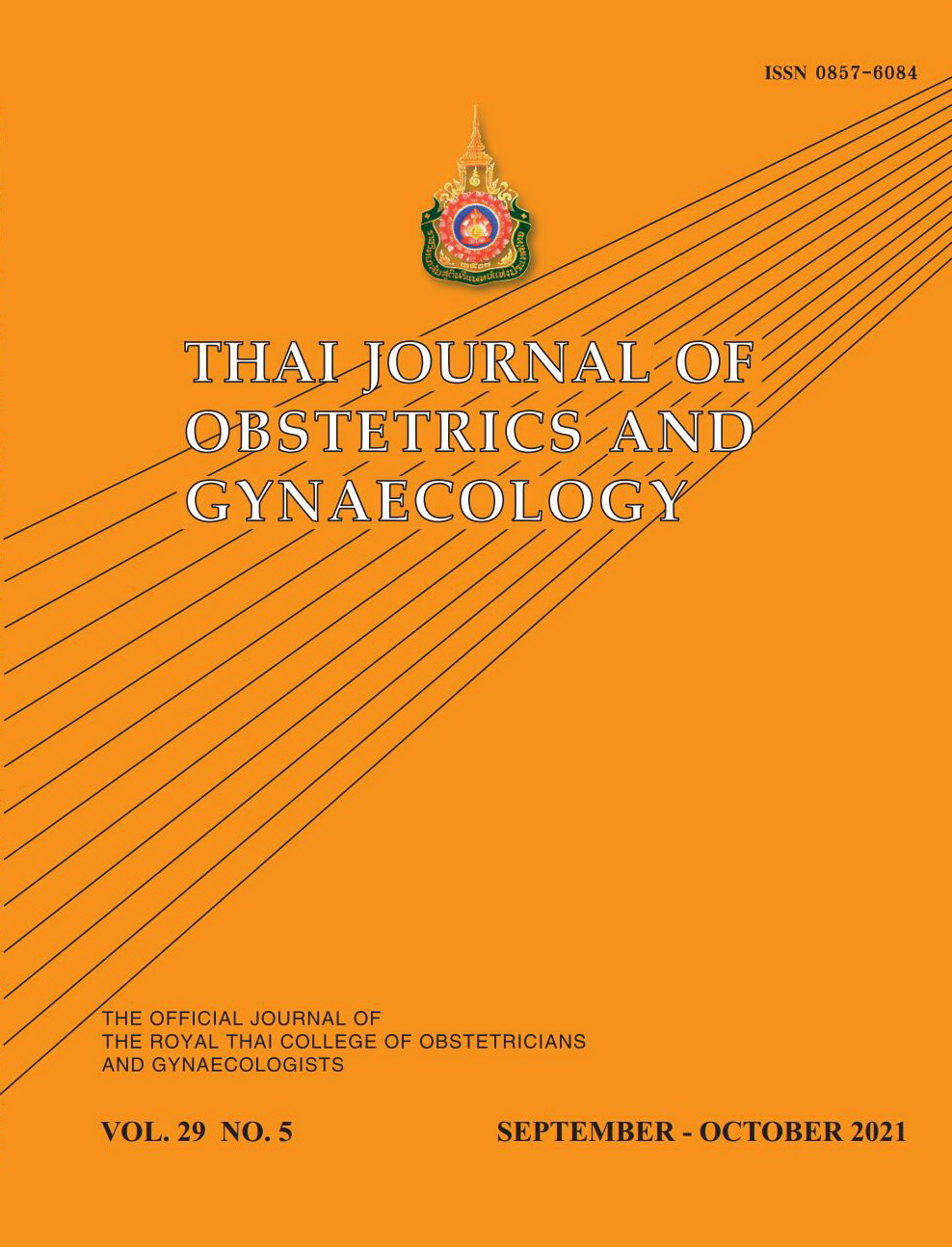Challenges in Research Practices during COVID – 19 Pandemic
Main Article Content
Abstract
The current emergence of the Covid-19 pandemic brought global disruption to every aspect of society including health, supply chain, the economy, social interaction and research practice. Conducting research in epidemic situations is challenging to researchers because they must respond to the needs and trust of the public so a knowledge base must be built quickly. The appropriate role of research during the outbreak involves allocating limited healthcare resources appropriately, and remains based on the relevant ethical principles of respect for person, beneficence, justice, utility, liberty, reciprocity and solidarity. All researchers, research institutions, research ethics committees, national regulators, international organizations and commercial sponsors, have an obligation to ensure that the challenge studies are carefully designed and ethically conducted in outbreak situations.
Article Details
References
Guidance for Managing Ethical Issues in Infectious Disease Outbreaks. WHO 2016.
Research in Global Health Emergencies: Ethical Issues. Nuffield Council on Bioethics, 2020.
Ethical standards for research during public health emergencies: distilling existing guidance to support COVID-19 R&D. WHO 2020. https://apps.who.int/iris/bitstream/handle/10665/331507/WHO-RFH-20.1-eng.pdf?sequence=1&isAllowed=y [accessed May 7, 2021].
Declaration of Helsinki – Ethical principles for medical research involving human subjects, revised October 2013 Ferney-Voltaire: World Medical Association; 2013 (www.wma.net/ en/30publications/10policies/b3/index.html, accessed 7 May 2021).
International ethical guidelines for biomedical research involving human subjects. Geneva: Council for International Organizations of Medical Sciences; 2002 (www.cioms. ch/publications/guidelines/guidelines_nov_2002_blurb.htm, accessed 7 May 2021).
Standards and operational guidance for ethics review of health-related research with human participants. Geneva: WHO 2011 (www.who.int/ethics/ publications/9789241502948/en/, accessed 7 May 2021).
Ethics in epidemics, emergencies and disasters: research, surveillance and patient care. Geneva: WHO 2015 (who.int/ethics/publications/epidemics emergencies-research/en/, accessed 7 May 2021).
Research ethics in international epidemic response. Geneva: World Health Organization; 2009 (WHO/HSE/GIP/ITP/10.1; www.who.int/ethics/gip_research_ethics_.pdf, accessed 7 May 2021).
Bierer BE, White SA, Barnes JM, Gelinas L. Ethical challenges in clinical research during the COVID-19 pandemic. J Bioethical Inq 2020;17:717-22.
WHO Director-General. WHO Director-General’s opening remarks at the media briefing on COVID-19: 11 March 2020. Geneva: WHO 2020 (https://www.who.int/dg/speeches/detail/who-director-general-s-opening-remarks-at the-media-briefing-on-covid-19---11-march-2020, accessed 3 May.
COVID-19: potential impact on the world’s poorest people. Rome: WFP; 2020.
Jamrozik E, Selgelid MJ. Springer Briefs in Ethics: Human challenge studies in endemic settings: ethical and regulatory issues. Switzerland: Springer Nature Switzerland AG 2020.
Hope T, McMillan J. Challenge studies of human volunteers: ethical issues. J Med Ethics 2004;30:110-6.
Palacios R, Shah SK. When could human challenge trials be deployed to combat emerging infectious diseases? Lessons from the case of a Zika virus human challenge trial. Trials 2019;20:1-8.
Shah SK, Kimmelman J, Lyerly AD, Lynch HF, McCutchan F, Miller FG et al. Ethical considerations for Zika virus human challenge trials. National Institute of Allergy and Infectious Diseases 2017.
Bambery B, Selgelid M, Weijer C, Savulescu J, Pollard AJ. Ethical criteria for human challenge studies in infectious diseases. Public Health Ethics 2016;9:92-103.
Jamrozik E, Selgelid MJ. Ethical issues surrounding controlled human infection challenge studies in endemic low-and middle-income countries. Bioethics 2020;34:797-808.
Key criteria for the ethical acceptability of COVID-19 human challenge studies. Geneva: WHO 2020.
Eyal N, Lipsitch M, Smith PG. Human challenge studies to accelerate coronavirus vaccine licensure. J Infect Dis 2020;221:1752-6.
Jamrozik E, Selgelid MJ. COVID-19 human challenge studies: ethical issues. Lancet Infect Dis 2020;20:E198-E203
Miller FG, Grady C. The ethical challenge of infection-inducing challenge experiments. Clin Infect Dis 2001;33:1028-33.
Selgelid MJ. The use and study of unregistered Ebola interventions: ethics and equipoise. In: Evans G, Smith C, Majumder S, editors. Ebola’s message: public health and medicine in the twenty-first century. Cambridge: MIT Press; 2016.
Research in global health emergencies: ethical issues. Nuffield Council on Bioethics 2020.
Verity R, Okell LC, Dorigatti I, Winskill P, Whittaker C, Imai N, et al. Estimates of the severity of coronavirus disease 2019: a model-based analysis. Lancet Infect Dis 2020;20:669-77.
Jin C, Gibani MM, Moore M, Juel HB, Jones E, Meiring J et al. Efficacy and immunogenicity of a Vi-tetanus toxoid conjugate vaccine in the prevention of typhoid fever using a controlled human infection model of Salmonella Typhi: a randomised controlled, phase 2b trial. Lancet 2017;390:2472-80.
Guidance for research ethics committees for rapid review of research during public health emergencies. Geneva: WHO 2020.


